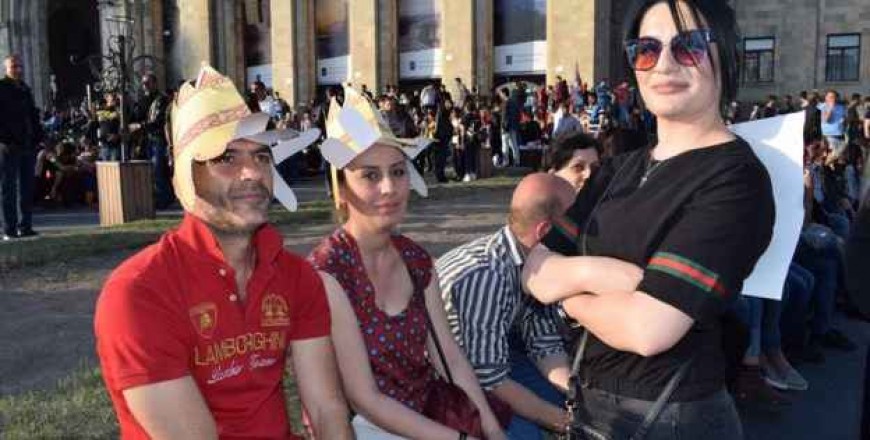Protests in Armenia, the end of a hegemony or the beginning of a new era?

Tens of thousands of opposition protesters have returned to the streets in Armenia despite the resignation of long-standing leader Serzh Sargsyan. Mr Sargsyan has been criticised including for his close ties to Russia.
The Republican party has rapidly been losing support, with a nationalist minority party declaring its support for the street protests in recent days.
Opposition MP Nikol Pashinyan has said the movement “has no geopolitical context”, and that the revolution that booted out the country’s government was neither pro-western, nor pro-Russian.
Pashinyan called on the entire government to resign.
Acting Prime Minister Karen Karapetyan earlier suggested the country hold fresh elections.
What could come next?
Armenia’s opposition secured another victory as the country’s parliament said it would hold a special session and new leader elections after weeks of protests and the resignation of its prime minster.
The elections, set for 1 May, are part of a three-step opposition plan for a transition of power that includes electing a “people’s prime minister” and then holding snap parliamentary elections.
Recently, protesters marched through the capital Yerevan chanting "Nikol for prime minister", in support of the protest leader.
Protest leader Nikol Pashinyan appears favourite to be elected prime minister on 1 May. Pashinyan said he would accept the role of PM if it came “without restrictions” on his plans to enact elections and a programme of reform.




